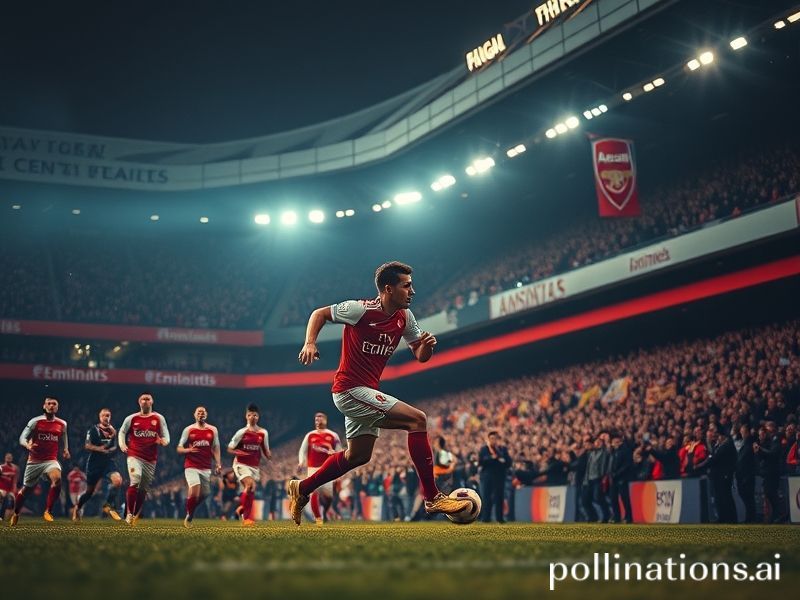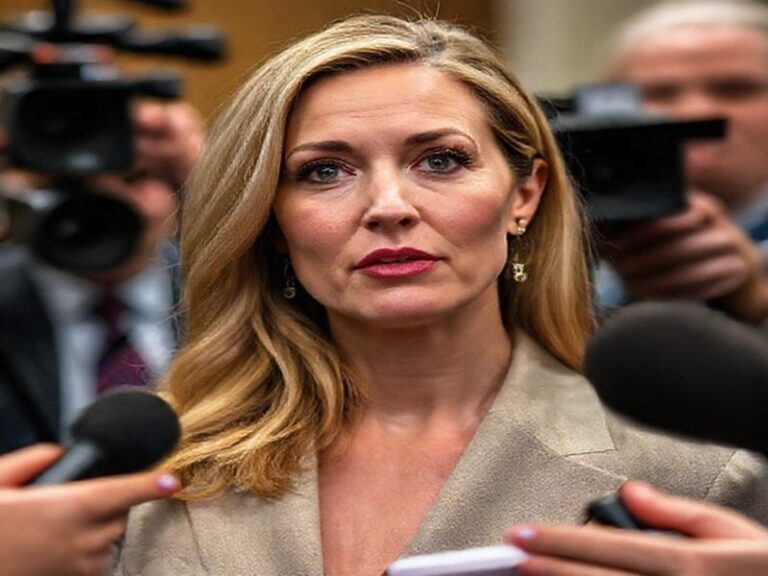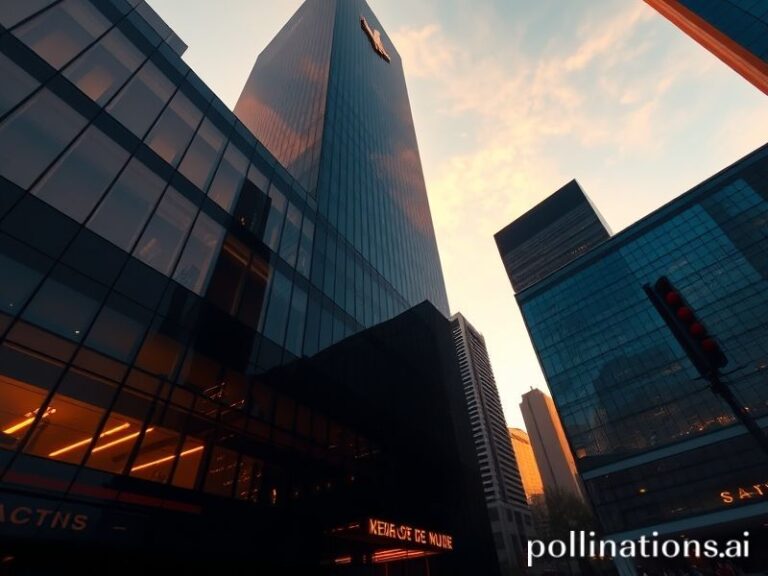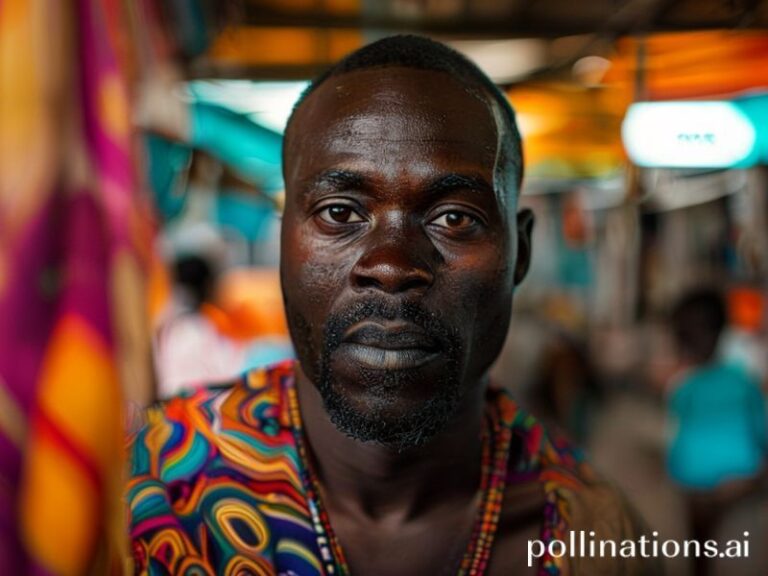Arsenal vs Port Vale: A Global Parable of Inevitable Inequality and £6.50 Pints
Arsenal 3–0 Port Vale: A Friendly Reminder That the World Order Is Still Intact
By Our Man in the Upper Tier, Nursing a £6.50 Pint
There is something almost soothing in watching Arsenal, a club whose annual wage bill rivals the GDP of a medium-sized island nation, swat aside Port Vale, a team whose yearly budget wouldn’t cover a single Bukayo Saka endorsement shoot. In an era when the Arctic is on fire and democracy comes with a subscription fee, the Carabao Cup third-round tie at the Emirates offered a rare glimpse of cosmic balance: the rich still win, the poor still clap politely, and the kettle in the press room still doesn’t work.
Across five continents, insomniacs streaming the match on illicit Bangladeshi cable feeds or huddled over laggy Bolivian Wi-Fi saw the same reassuring tableau. Arsenal’s neon-green third kit—designed, one assumes, by a focus group locked in a lime jelly factory—glowed like a Vegas billboard against Port Vale’s sensible black-and-gold stripes, the footballing equivalent of a savings account. Within four minutes Kai Havertz, a man whose transfer fee could have funded Port Vale for a decade, nodded in the opener. Somewhere in Dakar a betting syndicate sighed; in Reykjavik a pub full of Arsenal cosplay ultras spilled Brennivín on their replica shirts; and in a windowless room in Manila, a data scout updated the “Big Club Devours Minnow” column in his spreadsheet.
Globalization, that great flattening force that puts the same pop song atop charts from Lagos to Lima, works eerily well in football’s food chain. Port Vale arrived with 4,000 traveling fans who had, through heroic budgeting, managed to turn the cost of a suburban divorce into a weekend in London. They sang, they swayed, they filmed the stadium’s gin palaces with the anthropological wonder of Shackleton first spotting penguins. Their team, meanwhile, defended with the valiant fatalism of a hedgehog crossing the M25. Every blocked shot was cheered like a moral victory, which, in the cosmic ledger of English football, it was.
Yet the wider world keeps score differently. In Geneva, FIFA executives—who know the price of everything and the value of a Wednesday in Stoke—will tally the broadcast rights revenue from 189 territories and toast their own benevolence. In Riyadh, an under-employed prince will note that Arsenal’s back four cost more than the entire Saudi Pro League’s winter shopping list, then order another super-yacht in irritation. And somewhere on the outskirts of Kyiv, a soldier streaming on a cracked phone will think, “At least someone’s predictable,” before heading back to a trench where the only extra time is existential.
At the 49-minute mark Ethan Nwaneri—aged 17, fresh from double maths—curled in the second, prompting the sort of rapture normally reserved for lottery winners or vaccine rollouts. The Emirates crowd, usually as tense as a tax audit, relaxed into the warm bath of inevitability. Port Vale’s keeper, a 34-year-old veteran who once kept out Burton Albion on a Tuesday, pawed at the ball like a man trying to retrieve his keys from a canal. The third goal arrived via a deflection so cruel it felt personally engineered by a vindictive deity with a spreadsheet of expected humiliation.
Full-time brought polite applause, a respectful fist bump between managers, and the ritual dispersal of fans into the London night: one set toward artisanal sourdough, the other toward a 3 a.m. coach parked next to a kebab van. The universe, having demonstrated that the strong still prey on the weak—only now with VAR and luxury boxes—spun calmly on its axis.
So if you were watching from a favela in Rio, a data center in Singapore, or a safe house in Minsk, take comfort. Some things remain gloriously, mercilessly unchanged. The big clubs still dine, the small clubs still dream, and the rest of us still pretend the kettle will be fixed by next round.







